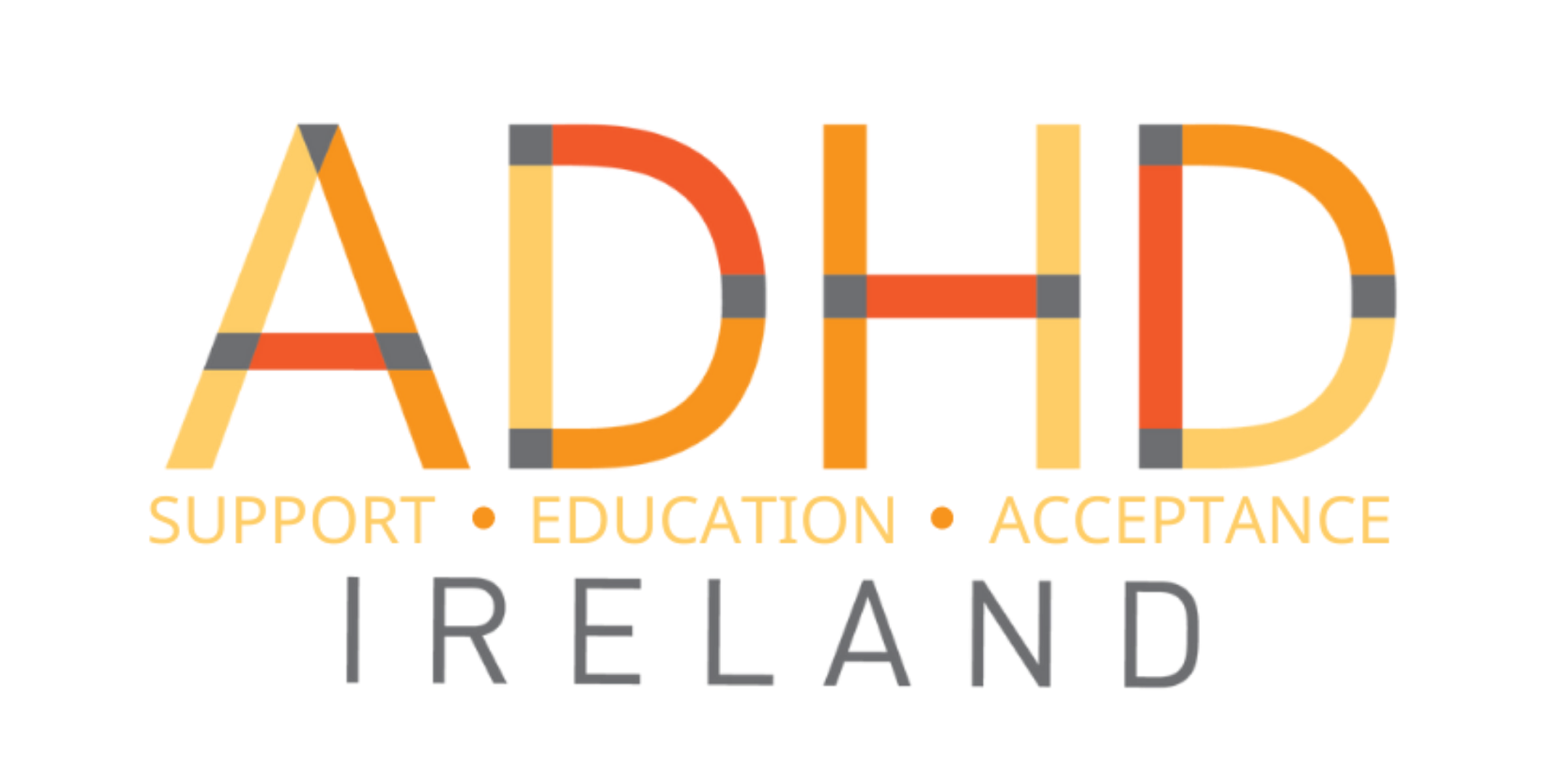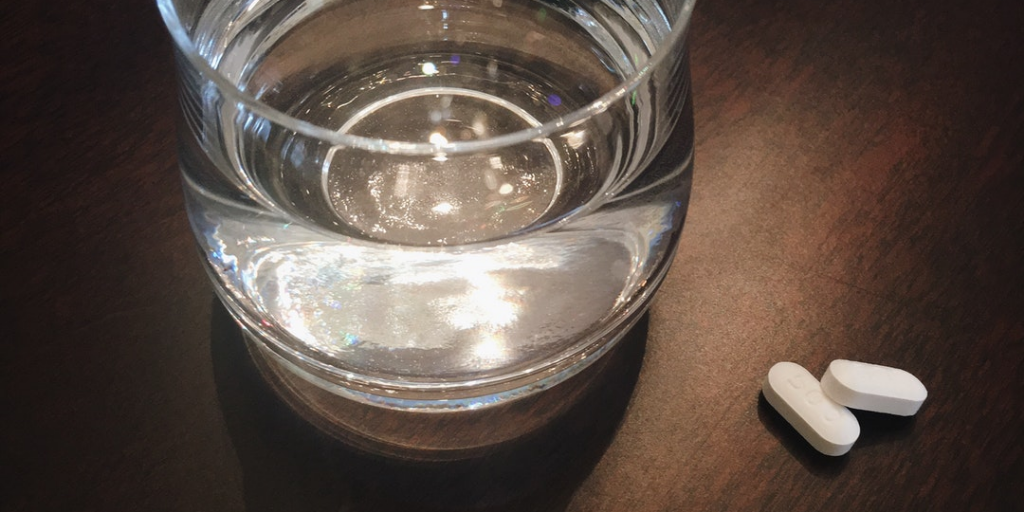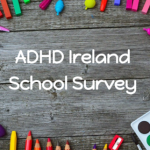10 Tips For the Newly Diagnosed Adult With ADHD
1. Learn about ADHD
Chances are the symptoms of ADHD have interfered with your life in the past, maybe when you were in school or in your daily life as an adult, either at work in your relationships. Now is the time to learn more about ADHD as a medical diagnosis, rather than an impediment in your life. Read books or online articles to help you understand exactly what ADHD is and how it can impact your life.
2. Find the right doctors
You may have one doctor who prescribes medication and one that helps in coping and developing strategies for success, such as a behavioural therapist, life coach or counselor. It is important that your medical providers understand adult ADHD. Ask questions to determine how often they have treated someone with adult ADHD. If necessary, interview a number of medical professionals on the phone to find someone that will suit your individual needs.
ADHD Ireland can help with sourcing the right medical professional to meet your needs.
3. Set up a treatment plan
ADHD can be different in each person. It is important to base your unique treatment plan on your individual needs, rather than following a generic treatment plan for adults with ADHD. This is where it becomes extremely important that your medical provider understands adult ADHD.
4. Learn about medications
While many people choose to use medications to help in managing symptoms of ADHD, medication is not the right choice for other people. This is a personal decision and should be made with the help of your medical professional. Understanding the different medications available and what they can do for you can help you make the right decision.
5. Exercise regularly
Exercise has been found to be helpful in reducing some ADHD symptoms. If you do not already exercise on a regular basis, take the time to develop a routine that will work with your lifestyle. It is important to talk with your doctor before beginning an exercise program, especially if you have other health conditions.
6. Find support
There are many support groups around the country, it can be very helpful to find one in your area to help you. Check out the events page on ADHDIreland.ie.
7. Talk to your loved ones
Help those closest to you to understand ADHD and how symptoms might manifest themselves. Help them understand that some of your shortcomings could be a result of your ADHD and not from some personality fault. Let them know which symptoms you have the most problems with and enlist their support and understanding.
8. ADHD proof your home
Place a basket right inside the front door where you can immediately put your keys, your cell phone, and anything else you use on a daily basis (make sure to take the basket upstairs or away from the front door at night for security). This helps you to spend less time looking for these items and more time enjoying yourself.
9. Implement daily coping strategies
There are many different strategies available, from creating daily “things to do” lists to using the alarm on your mobile phone for reminders. Some items will not work for you and some will. Experiment and find those that will. Begin to incorporate them into your daily routine. Discard ideas that just don’t work for you.
10. Look forward, not backward
If you have been diagnosed with ADHD as an adult, chances are you have struggled for many years. Your self-esteem may be low. Accept your life for what it was in the past and look toward the future, let go of things that went wrong in the past and forgive yourself. Choose instead to move forward with more knowledge and the determination that you can succeed.
For more information and support on living with ADHD as an adult, please check out this section of the website.
From an article by Eileen Bailey for https://www.healthcentral.com













